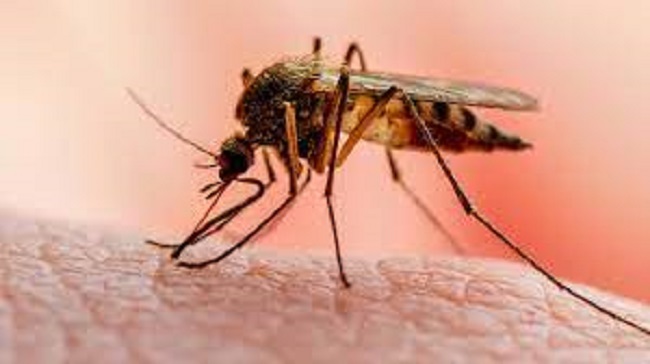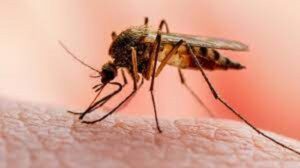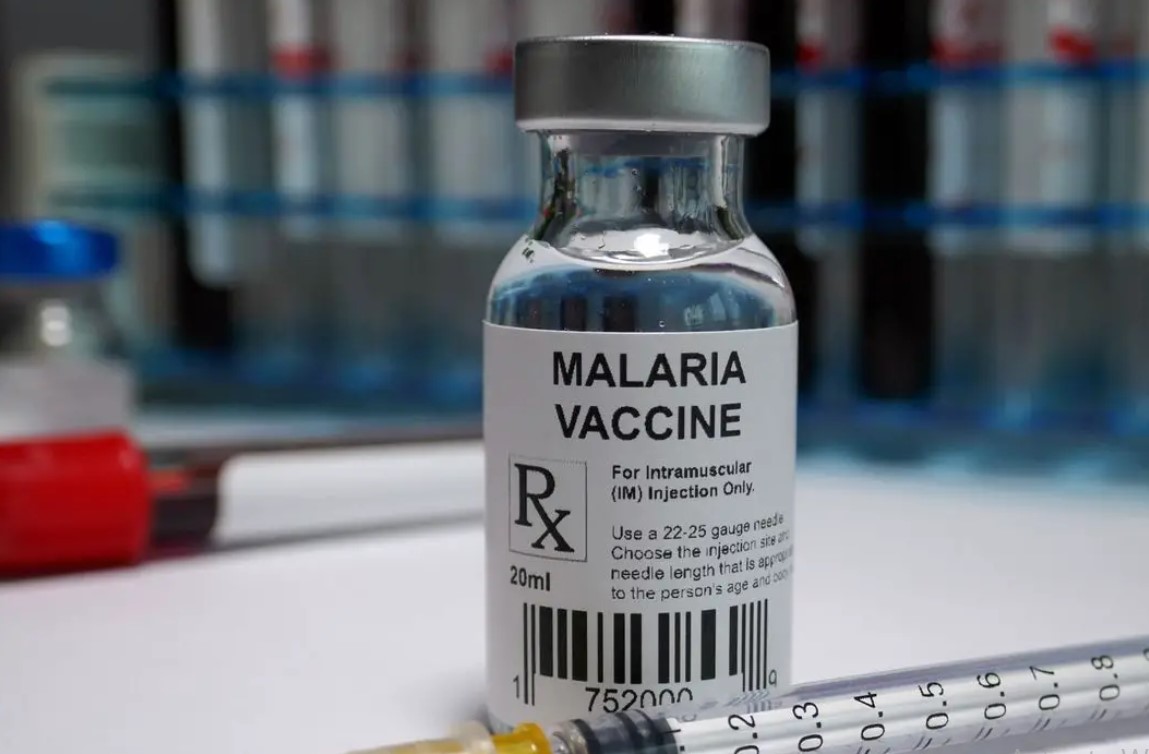
Nigeria contributes 27% of malaria cases, 31% of deaths globally – Medical expert
- Health and WellbeingHealth Sector
- No Comment
- 274

The Kogi State Coordinator for the Malaria program, Dr. Ake Stephen, has pointed out that Nigeria contributes to 27% of global malaria cases and 31% of deaths.
Dr. Ake made this known at the Kogi State Initiates Malaria Case Management Training for Health Workers in Lokoja
A facilitator of the programme attributed the high prevalence of malaria in the country to the transmission of the Plasmodium parasite through mosquito bites.
Dr. Stephen stressed the significance of understanding the root causes of malaria, clarifying that it is the Plasmodium parasite, not the mosquito, that causes the disease.
He also emphasised the importance of meticulous data collection and recording, emphasizing that every patient’s status, whether positive or negative, must be documented.
The Commissioner for Health, Dr. Abdulazeez Adeiza, in his message emphasized the importance of equipping healthcare workers with new skills and knowledge due to the malaria parasite’s resistance to certain drugs
Represented by the Permanent Secretary of the Kogi State Ministry of Health, Mrs. Dorcas Enehe, said the training aims to address the pressing issue of malaria case management, as the disease continues to pose a significant challenge in the state.
Dr. Akpa highlighted the importance of understanding the dynamics of the drug, its availability, duration of treatment, and potential side effects to ensure effective care provision.
In his remarks, the Chief Medical Director for HMB, Dr. Olayemi Ayo, welcomed participants from the local government, logistics officers, and other stakeholders. Dr. Ayo urged attendees to pay close attention to the training details and promised follow-up materials to reinforce the learning experience.
This training program is a vital component of the Ministry’s efforts to strengthen the state’s healthcare system and alleviate the burden of malaria. By enhancing the capacity of health workers, improving health outcomes and ultimately enhance the overall well-being of the community.
The Director-General of the Kogi State Primary Health Care Development Agency (SPHCDA), Dr. Musa Muazu Omaiza, underscored the critical importance of disseminating knowledge on malaria prevention to the grassroots level. During the training program, Dr. Omaiza emphasized that despite extensive efforts over the years, malaria remains a significant challenge in the state.
The training program is a crucial component of the state’s efforts to fortify its healthcare system and alleviate the burden of malaria by enhancing the skills of healthcare workers.
Nigeria contributes 27% of malaria cases, 31% of deaths globally – Medical expert




